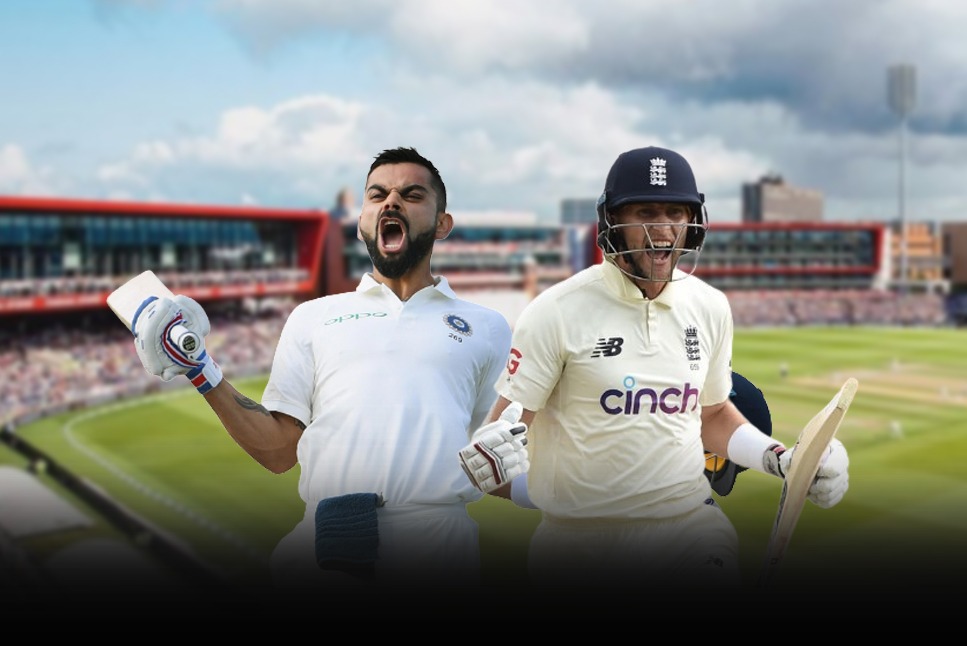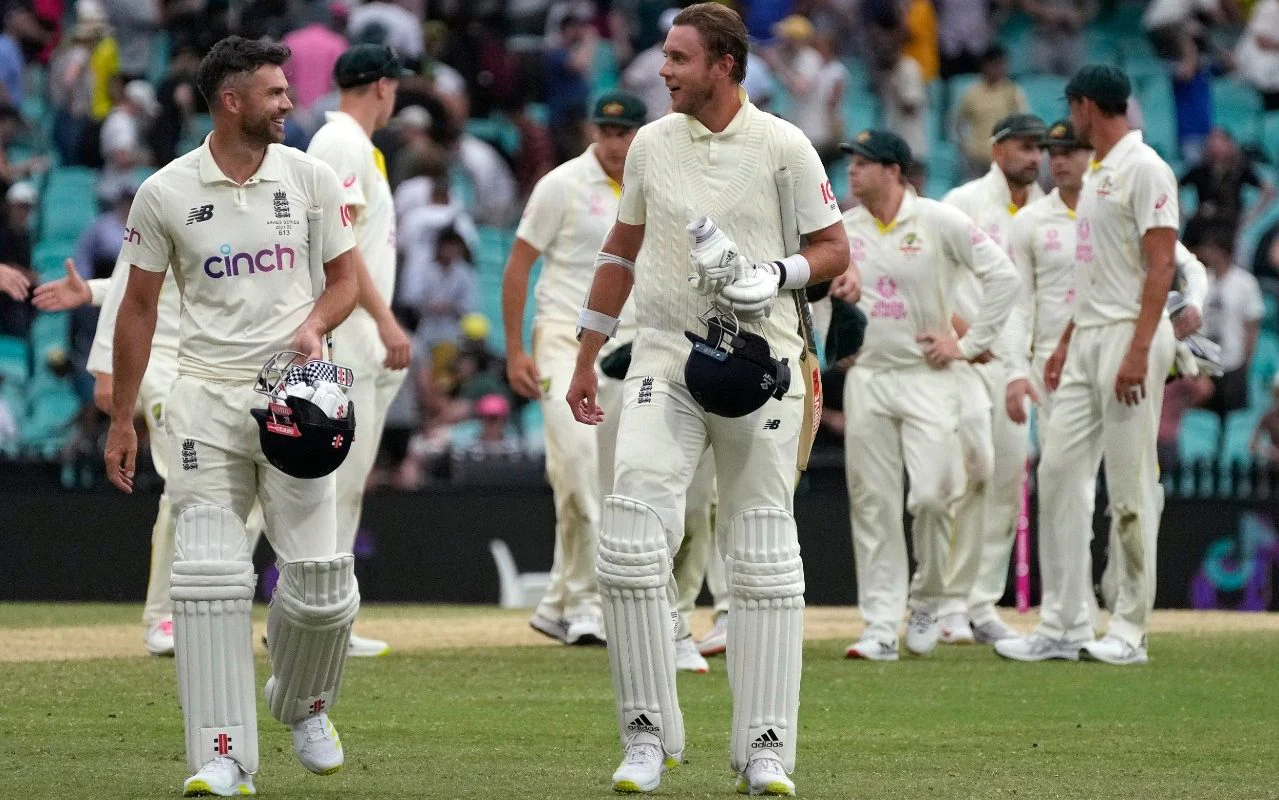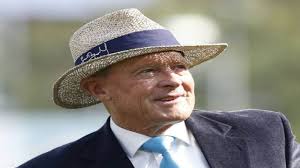0-4 defeat out of home, in Australia. All the defeats were of humiliating in nature. This is enough for any board to change the setup and the ECB have ringed in the changes. Chris Silverwood, the head coach, Thorpe the batting coach and Ashley Giles have all been removed from their respective positions but the most surprising part was the continuance with Joe Root as the captain.
It really is tough for most of the England cricket team’s management to survive after such a drubbing. The English fans were baying for blood. They are not stirred until England have lost the Ashes for it is the Ashes that they care about and no other series or even tournaments even come close. Even World Cup takes a backseat for the English fans. Naturally, they cannot withstand such an annihilation to the old enemy. Structural problems still remain with English cricket but this is something that the ECB must be seen doing.
Silverwood, Thorpe and Giles removal
Silverwood’s removal must have been the easiest of the lot. He was the one who found positives in a 2.5 days loss at Melbourne when England were bowled out for 65. No one in their right mind you have even thought that there were any silver lining but the fact that Silverwood somehow saw one beggars belief. He must have ideally resigned after the debacle but he chose to stay on but Andrew Strauss could not resist the pressure that was building on him and the ECB. The next was Thorpe. Batting was the biggest disaster in Australia. Except for Bairstow, no one else managed to score a hundred. Even fifties were few and far between. Malan who started the series brightly, faded away quickly and so did Root. Stokes, Hameed, Burns & Pope were quite miserable throughout the series and Thorpe wasn’t able to improve their performance either.
There were also reports about Thorpe’s drinking culture but that is besides the point. His fate was already sealed when England did not score more than 300 runs even once.
Ashley Giles who is credited with removing the role of national cricketer and handing over the entire selection to Silverwood was the third to leave. It wasn’t a surprise at all.
Does Joe Root really deserve to continue?
However, what was surprising was the retention of Joe Root as the captain. In 3 attempts, Root has not managed to win a single Ashes series. Since he is not the captain of the white ball format, he will be judged based on his Ashes success. He had a chance to win the Ashes in England but he fluffed that. It was a series that marked the return of Smith and Warner. If only Paine had been a little prudent in the use of reviews, Australia would have won the Ashes outright.
Towards the early and middle part of his captaincy career, his batting suffered a lot. So much so that an average of 54 came down to 47. Off late, he had a fabulous year but that is besides the point. The question is how is Root allowed to continue? What must have worked in his favour?
Are there no alternatives?
The first rather obvious one is that there is no alternative. Ben Stokes is not exactly keen to take on the captaincy chores. He has just returned from several injuries and also from mental breakdown. He does not want to take that extra responsibility. The rest did not cover themselves in glory with continued failures. Broad and Anderson are the other alternatives but Broad is no more a sure starter and Anderson is 40 years old. All said and done, it still is a mystery how Root is allowed to continue. Back in 2011, when India lost 8 tests outside the country on the bounce, Dhoni was allowed for continue just because there is no alternative. Shouldn’t boards take efforts to build leadership? Root has been the captain for more than 5 years and as Ian Chappell used to say, captains have their shelf life and 5 years is long.
Root has had a decent captaincy record
It is not that Root hasn’t had success as captain. England have won 5 consecutive tests in Sri Lanka and they won their last series in South Africa rather convincingly. Ofcourse, Sri Lanka are not the same team any longer but to win 5 games in Asia is not something any English captain will be known for. Having said that, he also has the ignominy of losing in West Indies and New Zealand. Not to mention England’s record in India and Pakistan. It is also worth mentioning that Root won just 2 out of the 12 tests in 2021 and lost 9. That is a statistic that will not sit well with any board.
Conclusion to ECB have ringed in the changes
The other terminations are not difficult to fathom but the continued reliance on Root for lack of options will be troubling for England. Root himself must have resigned owing moral responsibility for not able to win a single Ashes series. It is difficult to accept that England is short of captaincy credential. The failure of the ECB to groom someone to takeover from Root after all these years is startling. Probably they had Bairstow on their minds but it was the ECB who destroyed his confidence by playing Buttler above him. Root has had a long innings.
England needs Root the batsman more than Root the captain. ECB will do well to find another captain before the start of the next Ashes which is in 16 months. Australia will want to repeat their achievement and will want to retain the Ashes. It will be Cummins’s first away Ashes and he will want to prove himself. Root is certainly not the player on whom England can trust for one more Ashes. England will dearly want to win the Ashes in their home.
What do you think of the changes made by ECB? Does Root deserve to continue?



